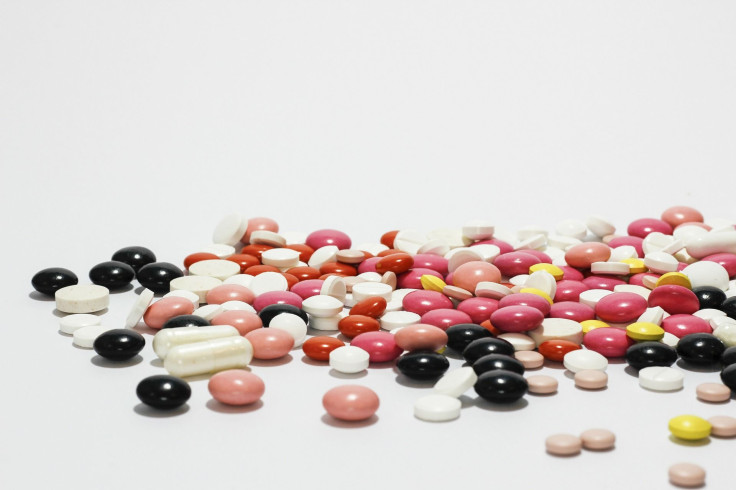One In Eight Americans Using Antidepressants, According To New Data

A new report from the Centers for Disease Control shows that antidepressant drug use has gone up from 2009 to 2014. The government study found that within the past month, 12.7 percent of people (about one in eight) over the age of 12 have taken these medications, an increase from the 7.7 percent of people who had reported taking them from 1999 to 2002.
The findings reveal that people are more likely to take antidepressants as they get older. Women are also twice as likely to take the prescription drugs, with 8.6 percent of men and 16.5 percent of women saying they took antidepressants with the past month. According to the World Health Organization, depression is the most common mental health issue among women and may affect more females than males. The reason is not clear, but WHO believes that gender is a major factor for mental health as certain gender roles, expectations and life experiences can be risk factors. Plus, the organization believes there’s a bias at play, writing, “Doctors are more likely to diagnose depression in women compared with men, even when they have similar scores on standardized measures of depression or present with identical symptoms.”
The stigma surrounding mental health could also explain why more women are being treated for depression. Dr. Seth Mandel, from the psychiatry program at Northwell Health's Huntington Hospital in Huntington, New York, told CBS, "Despite our society being progressive, there are still ongoing gender stigma related to seeking treatment for depression. It is more 'OK' for a woman to be depressed and seek out treatment for this, whereas men are supposed to be tough, suck it up and move on.”
Long-term antidepressant use is common, with a quarter of all patients reportedly taking the medication for at least 10 years. Of all antidepressant users over 12, about 68 percent have been using the medication for at least two years. Over the past 20 years, many have argued that Americans have become overmedicated, and the recent opioid epidemic has shed a light on a doctor’s responsibility when it comes to prescribing drugs.
According to WebMD, doctors typically advise patients to use the drugs for at least one year to get the most benefit. While they are not addictive, a study from The Royal College of Psychiatry in the United Kingdom indicates people could experience withdrawal after going off their medication.
The Guardian reports that 63 percent of the 817 people in the study said they experienced withdrawal symptoms, like an upset stomach, anxiety, dizziness or nightmares, after halting their antidepressants. Patients are strongly advised to stay on their medications until discussing it with a doctor, and many physicians recommend coming off the medication during summer as opposed to the gloomier winter months.
Prevention explains that many often forgo their medications after feeling better, but that can cause the depression to return.
"People think, 'I'm feeling better, and I want to get off these,' but you may start feeling worse again," Renée Binder, MD, president of the American Psychiatric Association, told the magazine.
Additionally, every medication has a different protocol for how it should be eliminated.
"Stopping suddenly can be very difficult to tolerate," Binder told the magazine. "Never stop cold turkey." The doctor explains that doing so could cause what some refer to as brain zaps. "I had a patient who stopped Paxil [paroxetine] without tapering and described electricity going through her," Binder says.
While necessary, some health care professionals question the safety of long-term antidepressant use as the practice has been linked to type 2 diabetes. Researchers are also still unclear what effects the medications can have on the brain over long periods of time. Patients who are on antidepressants should have regular follow ups with their doctors to ensure the medication is still needed.



























